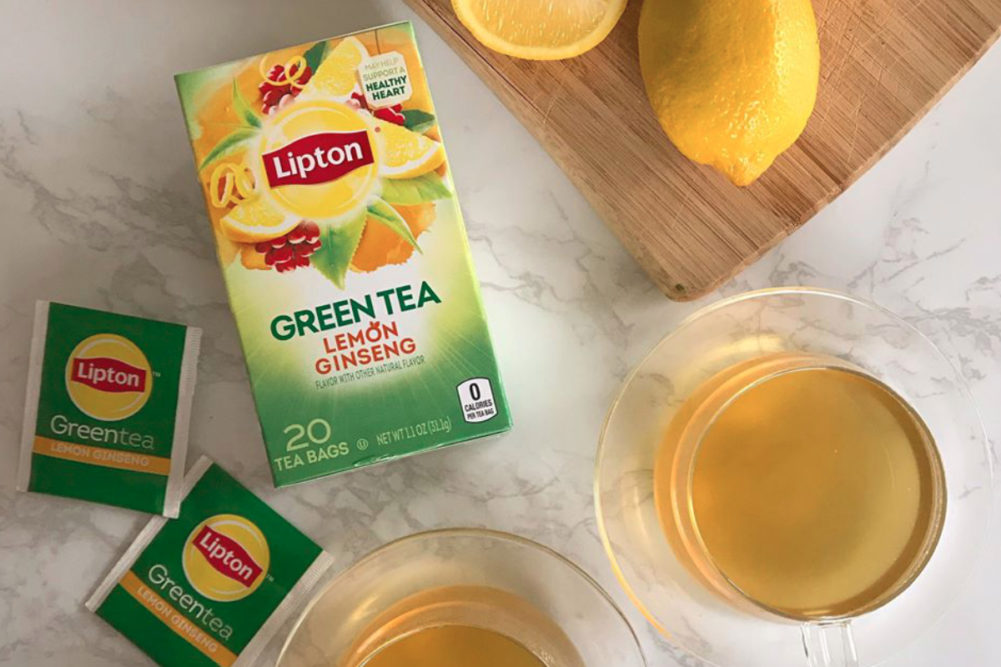LONDON — Unilever P.L.C. is conducting a review of its global tea business, including the Lipton and PG Tips brands, in response to slowing sales growth.
Alan W. Jope, chief executive officer of Unilever, told analysts the company will consider “all options” for the business, including a full or partial sale, during a Jan. 30 conference call. All regions and parts of the business will be included in the review, including emerging markets and the premium category, which includes the Tazo, Pukka Herbs and T2 brands.
The review was prompted by declining sales of traditional black tea in developed markets as consumers shift toward herbal tea. Black tea comprises the majority of Unilever’s global tea division.
“The harsh reality is that two-thirds of our tea business remains core black tea, which is declining,” Mr. Jope said. “We have really seen this trend play. It’s not a short-term thing; it’s a long-term trend, over a decade. We’ve had a lot of good effort at getting the core black tea back to growth, but we just don’t see it happening.”
Unilever acquired the Tazo brand from Starbucks Corp. in 2017 for $384 million. Earlier that year, the company purchased Pukka Herbs Ltd. for an undisclosed sum in an effort to strengthen its foothold in the herbal, fruit and green tea segment.
The hot tea market in the United Kingdom has lost momentum in recent years, as British consumers opt for coffee instead, said Arian Bassari, consumer analyst at GlobalData, a London-based market research firm.
“Unilever selling its PG Tips brand would not be a surprise given that U.K. hot tea sales are on a downward trend, seeing negative growth between 2016 and 2019,” Mr. Bassari said. “This will result in a lower volume consumption of 7.8 billion liters — despite the U.K.’s historic (and sometimes obsessive) tea-drinking habits.
“Younger consumers, who find themselves constantly on-the-go and time-scarce, are choosing coffee as a much needed energy boost to fuel their hectic lifestyles. While tea will remain much loved in the country, coffee just hits a spot for younger consumers that a cuppa doesn’t.
“The U.K. coffee scene offers a number of caffeinated creations, with clear opportunities for Unilever to cash in on, ranging from nitro-infused brews and cold brews, to decorative lattes and seasonal drinks.”





